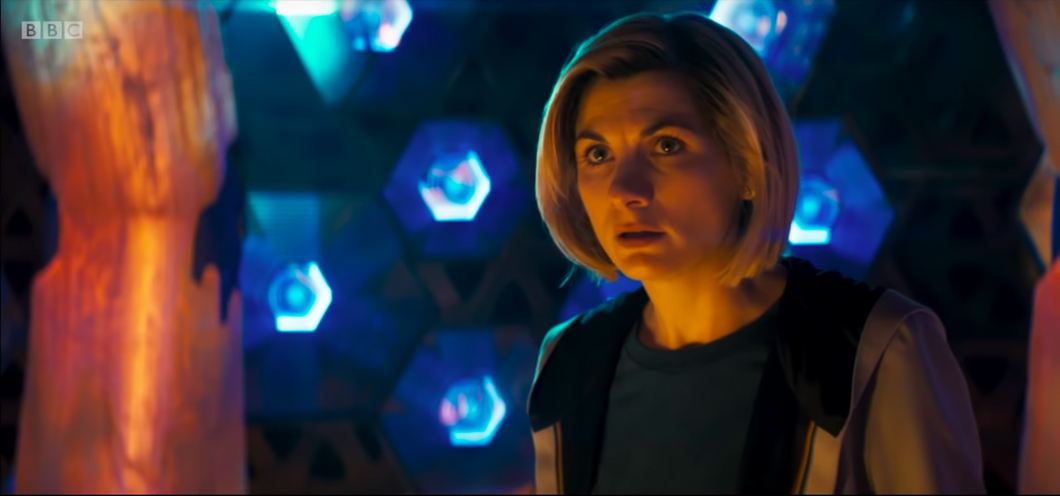2010 was a simpler time. We were just waning off of our flip and slide phones, Blockbuster was still in operation, and we all enjoyed Doctor Who blindly and praised its showrunners for their genius. Within the next eight years, though, the show's reception would take a sharp turn. Doctor Who became known as a plot twist-addled, cleverer-than-thou cousin to other cringe-inducing television that fell from grace in the same timeframe, like Supernatural and Sherlock. Within its sixth and seventh seasons, many fans of Doctor Who, including myself, abandoned it for its flaws.
In the past year, though, two things have changed: 1) Steven Moffat, the showrunner who took hold of the show as it began its descent into the Dark Times, has been replaced with a new showrunner, Chris Chibnall (known best for Broadchurch and Torchwood), and 2) the Doctor is being played by a woman for the first time in the show's history.
So, if you, like me, decided it was best to free yourself from Doctor Who however many years ago but have now found yourself wondering if you should break the oath you swore to yourself and return, below is the spoiler-free verdict on four key areas of Jodie Whittaker and Chris Chibnall's first crack at Doctor Who by someone who made that cursed journey around and back herself.
The Plot
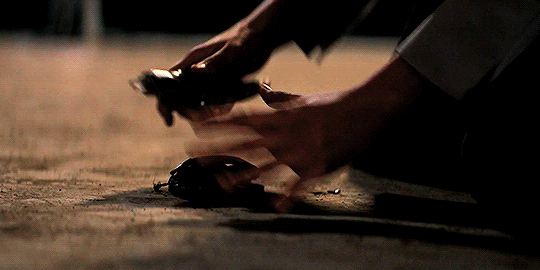
A massive reason many fans turned away from Doctor Who originally was because of Moffat's convoluted, often somehow both overwhelming and underwhelming series plotlines that only made the show difficult to watch. In a move that almost seems in response to that, Chibnall's first series doesn't even have a plotline – each episode is a standalone episode. The series finale ties a few threads from the first two episodes of the series together, but it can hardly be considered an overarching story. Instead, the episodes are so separate they can be watched in just about any order.
The only connective tissue this series has is a set of recurrent themes – the question of whether or not it's right to interfere with history when you see something wrong happening, blood family versus found family, the Doctor's hypocritical "do not kill" rule pitting her morals against those around her, including the audience's – but even these aren't focused on directly or explored enough to be considered a core idea for the series. If you're going to watch this series, you should know not to expect the large-scale plotlines Doctor Who often relied on in the past.
The individual episode plots are a lot of fun, in my opinion. The writers nail the historical episodes, especially Rosa and Demons of the Punjab, and the twisting modern day oddity that is It Takes You Away is a real treat. Nothing is to the scale previous series' weekly adventures have been, as the writers opted for smaller stories with fewer twists and Big Speeches and more slow building dangers and human stories, which can be good or bad depending on personal taste. As is the case with every series of Doctor Who, there are a couple duds, but nothing as bad as angry fanboys have made the series seem.
Basically, if you liked Doctor Who for its clever plotlines and twists, you're not going to find them in this series. Chibnall's take on the show is far quieter than Russell T. Davies' and Steven Moffat's contributions. Take from that what you will.
The Doctor
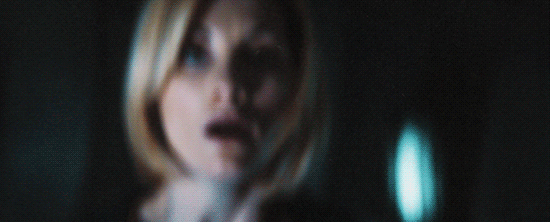
First things first: Jodie Whittaker is a phenomenal actress. If your David Tennant phase didn't have you watching Broadchurch back in 2013, do it now for Jodie. She's really incredible to watch, and, despite playing such a vastly different character in Doctor Who that my brain has difficulty accepting they're the same person, all of that talent transfers into her portrayal of the Doctor.
The Thirteenth Doctor is still the eccentric "madman with a box" the Doctor has always been, a character trope that's extremely refreshing to see a woman perform, since women in heroic roles are so often stoic, perfect, and mature (an idea we took a deep dive into in another article). This Doctor is kind and goofy and joyful and rude in every best possible way, making her transition into believably being this age-old character smoother than some other actors' has been. This version of the Doctor also has this unique anxiety we haven't seen in previous incarnations, like her constant excitement and manic personality stems from her teetering on an edge between spiraling toward hopelessness or panic. She's a real joy to watch and brings light and heart to whatever slips the writing may have.
The only issue with this is that, while I wouldn't call Thirteen a one-note character, this is the one note the writers play best. She is almost entirely made up of light and heart. There are glimpses of the other facets of the Doctor's character: the centuries-old alien shows her face when the Doctor is accused of hiding behind a mask, the grief-stricken woman appears for a split-second as she attempts to help a man through an episode packed with River Song and Rose Tyler parallels, the darkness and anger previous Doctors have indulged in manifests through Thirteen's tendency to goad and taunt her enemies, often to the point of violence, when she doesn't have a companion there to keep herself in check for. It's all clearly there. None of it ever makes it to the surface, though, and knowing that Chibnall is a master of writing characters living through darkness and pain (see: Broadchurch), that Jodie has this great capacity to access grief and trauma through her acting (see: Broadchurch, once again), and that all of that lives inside the Doctor but hasn't been explored at any point in this series is frustrating.
Some of this personality shift makes sense. The character growth that was seen from the Twelfth Doctor into the Thirteenth Doctor was similar to Nine's transformation into Ten – a brooding traumatized Doctor learns love and joy from his companions and regenerates into a more hopeful, kinder version of himself. The fact that Thirteen doesn't have a prominent dark side is, at least partially, a part of her character development.
The issue is that this series feels like it's trying so hard to distance itself from past seasons in its style, format, and writing that the Doctor is really the only connective tissue there, and in avoiding the sides of the Doctor that Steven Moffat's era was focused on developing, we're distancing the Doctor from who she's been for years. The last several series have proven that the Doctor is, in many ways, not an entirely good person, and it's almost like this series forgets that. Within the fiction of the show, it's gotten to the point where it no longer feels like a piece of character development, but like the Doctor is actively hiding that side of herself and her past from her companions because we see so little of it.
When David Tennant took over as the Tenth Doctor, he may have been more joyous and light-hearted than Nine, but he was still quick to anger and reckless violence, all before ever losing Rose, because he was the same man he'd always been at heart. He was allowed to scream. I want Thirteen to be allowed to scream, and, knowing Chris Chibnall and Jodie Whittaker, there is a vast potential there that will hopefully be explored down the line.
The Companions
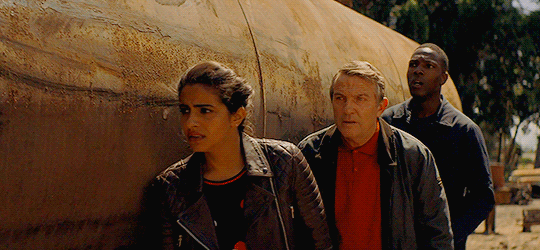
We have a whole TARDIS full of companions this year – three, to be exact: Ryan, a nineteen-year-old aspiring mechanic, Yaz, a police officer in training and childhood friend of Ryan's, and Graham, Ryan's step grandfather – and they're all brilliant. Yaz is a beacon of positivity, Ryan is a sweetheart and the only companion since Rose who has felt so young, and Graham is a hilarious center to the new gang. They all bring a lot of heart and humor to the TARDIS, and it's nearly impossible to choose one favorite (though, I will say now that this series is over, my favorite was probably Ryan).
There being so many companions this time around, the series is kind of split into chunks. The first couple episodes mainly have Ryan at the head, the middle section turns the focus to Yaz, and the last two shift to Graham. Since Ryan and Graham's character arcs are related, though, they get twice as much attention as Yaz, leaving her regretfully underdeveloped.
There's also far less of a clear relationship between the companions and the Doctor this series. There are so many people in the TARDIS that we and the Doctor get a quarter of the time with each companion. The crowded TARDIS combined with the fact that there isn't a lot of conflict between the Doctor and her companions until the end of the series leaves the Doctor's relationship with each of them in a sort of generally friendly place, without the relationship development we saw from Doctor Who when there was only one companion. Instead, they all follow her blindly, without argument or hesitation. They follow her orders and don't argue when she does something she shouldn't have or where previous companions would have challenged her.
They're great characters with a lot of potential, but they aren't the Doctor's companions in the way past companions have been. They're sort of just her friends. They have the potential to become more than that, but they need to develop more of a dynamic with the Doctor to do that, and hopefully future series will take the time and space they need to do that.
The Villains
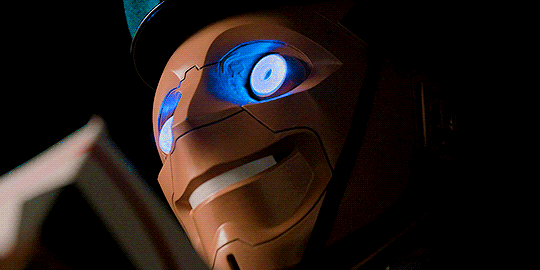
Chris Chibnall made it clear early on that none of the villains this series would be from the previous series, but this series' villains are far more different than expected. The monster of the week is very rarely the true villain in Chibnall's world. Instead, the monsters are, more often than not, people. They are violent, patriarchal men, they are women who stand by while less fortunate women are targeted, they are disillusioned boys who mistake terrorism for activism. Where previous series of the show have skirted around how companions of color are able to visit the past without trouble and avoided mentioning that Britain's history isn't all Shakespeare and winning wars, this series dives headfirst into those ideas and wrestles with them with vigor. It jumps into history, the future, and the present day from a perspective that Doctor Who has often avoided, and it's really neat to watch. Sure, it slips once or twice (looking at you, Kerblam!), but, for the most part, it absolutely nails it.
This series is very, very different from its predecessors. In many ways, that's good. In others, it's lacking. In the end, I really do think it's worth watching, though. Thirteen is such a breath of fresh air, and I don't regret returning to Doctor Who at all for her. I don't even regret going back and watching the episodes I missed in Moffat's era (Twelve is also, surprisingly, a very fun Doctor to watch, but that's a subject for another time).
My recommendation: Just watch one episode of series 11. The Woman Who Fell To Earth, The Tsuranga Conundrum, The Witchfinders – like I said before, every episode is a standalone episode this series, so you can start with basically any of them. If you, like me, are hit with nostalgia for when you innocently liked Doctor Who, keep watching. It can only get better.
You can watch series 11 of Doctor Who on BBC America's website. (Also...Broadchurch is on Netflix. Just so you know.)

